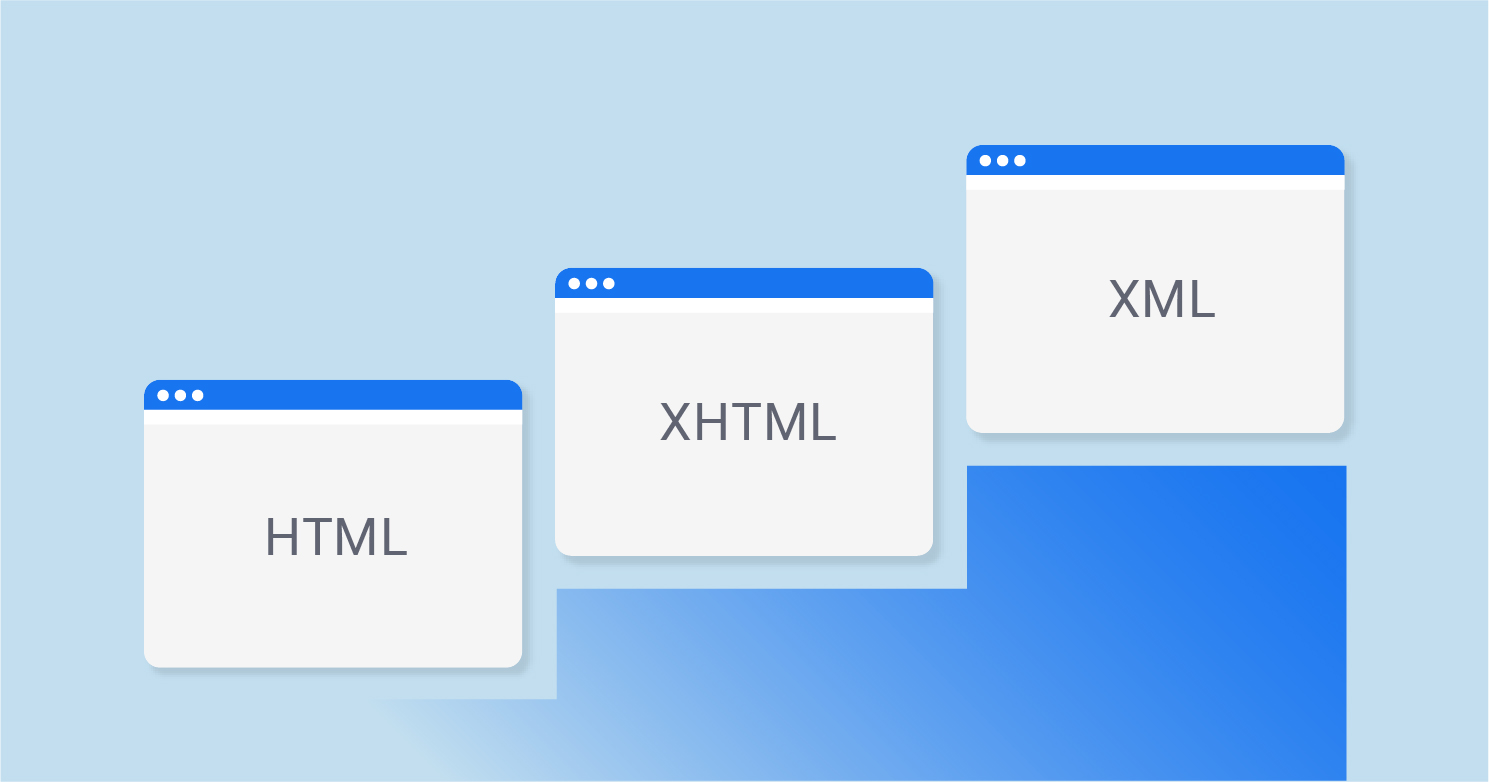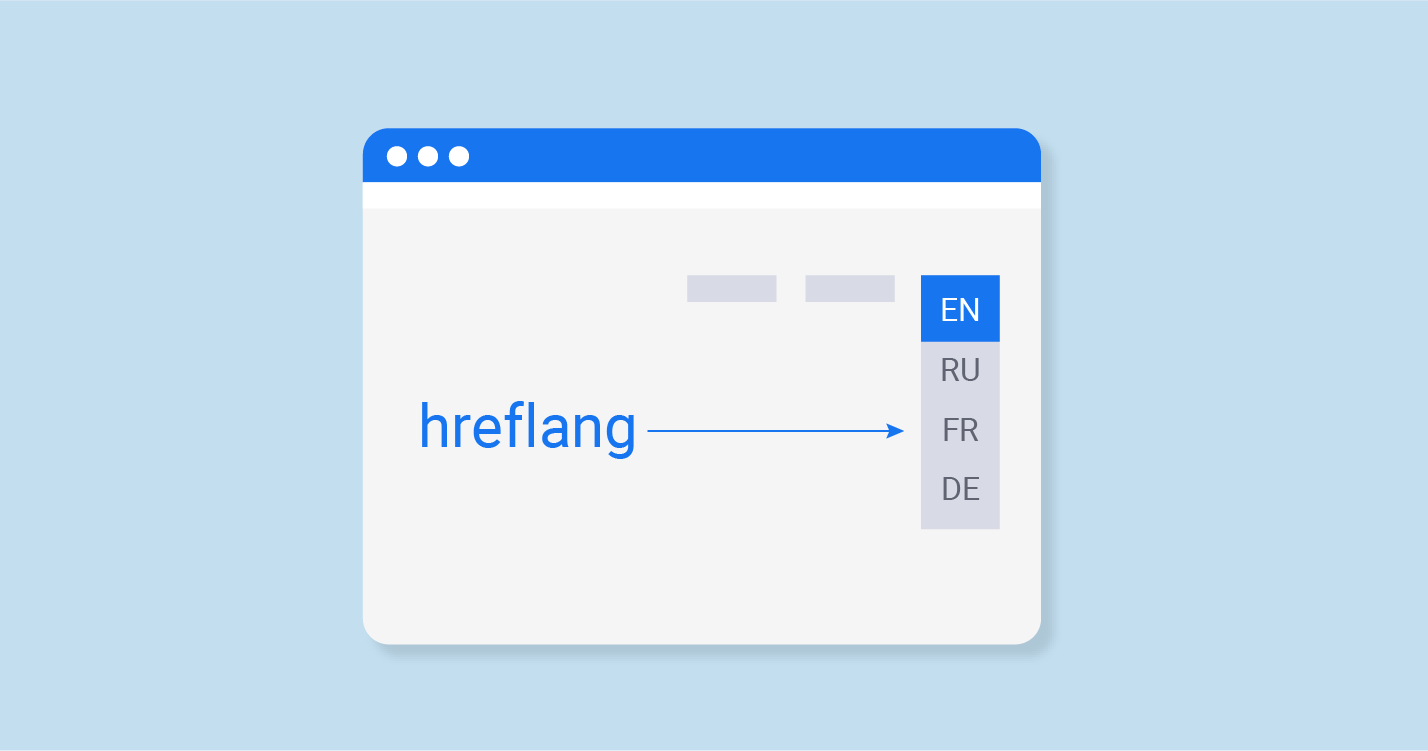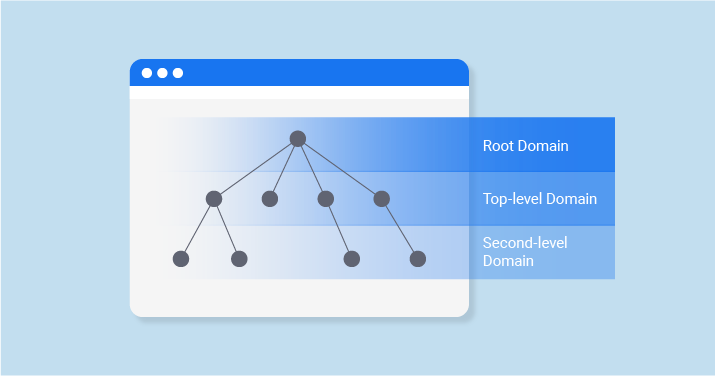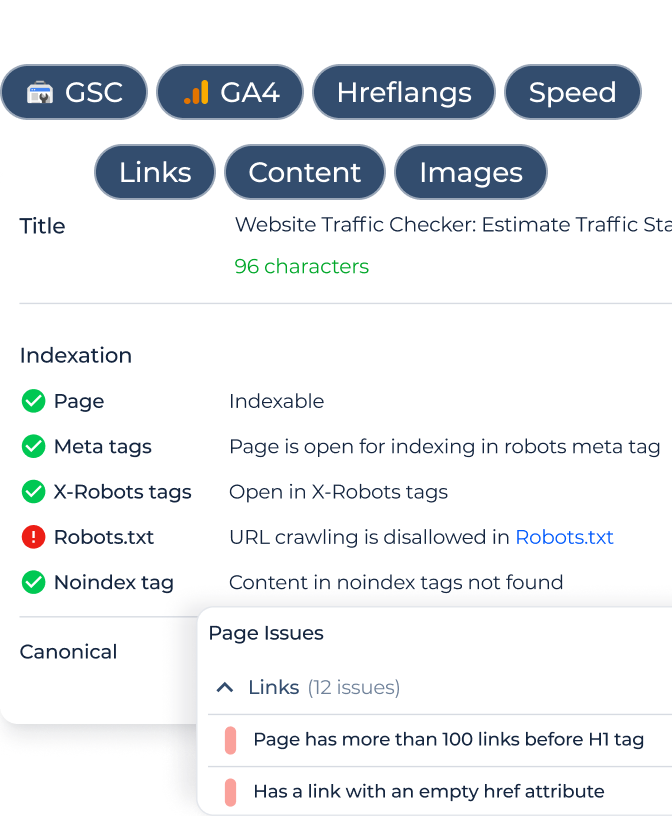What are Meta Keywords?
Meta keywords are a type of meta tag that website owners used to insert into the HTML of their web pages. In the early days of search engine optimization (SEO), these tags were intended to provide search engines with a list of keywords that accurately described the content of a page. The goal was to help search engines understand the context and content of web pages, ultimately aiding in the ranking of these pages for relevant search queries.
Each meta keyword tag was filled with various terms and phrases deemed relevant to the page’s content. Website owners and SEO professionals would conduct keyword research to identify which words and phrases were most likely to be used by people when searching for information related to the content on their pages. These selected keyword ideas and terms were then placed within the meta keywords tag in the page’s HTML.

However, as search engines evolved, the way they indexed and ranked web pages changed dramatically. The algorithms became more sophisticated, focusing on providing users with the most relevant and high-quality results for their search queries. As a result, the importance of meta keywords began to diminish.
It was discovered that some website owners were exploiting the meta keywords tag, stuffing it with an excessive number of keywords, including popular but irrelevant terms, in an attempt to manipulate search rankings. This practice led to poor user experiences, as the search results often did not align with the user’s intent.
Recognizing these issues, major search engines like Google decided to stop using the meta keywords tags as a ranking factor. Today, the meta keywords tag holds little to no value in SEO, and its usage is generally considered outdated. Modern search engines rely on more sophisticated methods to analyze and understand web content, including natural language processing and machine learning algorithms, to provide users with the most relevant and high-quality search results.
In summary, meta keywords were once a tool used in SEO to communicate the content of a web page to search engines. However, due to misuse and the evolution of search engine algorithms, they have become obsolete and are no longer a significant factor in how search engines rank web pages.
The Origin and Initial Purpose of Meta Keywords
Meta keywords originated in the early days of the internet and search engines, when the digital landscape was vastly different from what it is today. In the 1990s, as the World Wide Web began to grow, there was a pressing need for mechanisms to organize and categorize the burgeoning amount of content available online. This is where meta keywords came into play.
Developed as a type of HTML meta tag, meta keywords were intended to help search engines understand the content of a webpage. Website owners and SEO professionals would insert the meta keywords tag in the header of their HTML documents, filling it with relevant terms and phrases that described the page’s content. The purpose was clear and straightforward: to provide search engines with a concise list of keywords that could be used to index the page appropriately, ensuring that it appeared in search results for relevant queries.
This practice was grounded in good intentions, aiming to create a more organized web and improve user experience by connecting people with the content they were searching for. Meta keywords were seen as a tool for transparency and efficiency, helping to bridge the gap between content creators and the algorithms responsible for indexing the web.
The Decline of Meta Keywords in SEO
However, as the internet continued to grow and evolve, so did the strategies used to manipulate search engine rankings. The simplicity of the meta keywords tag became its downfall. Unscrupulous website owners began to exploit the system, stuffing the meta keywords tag with an excessive number of terms, including popular but irrelevant keywords, in an attempt to game the system and boost their pages in search rankings. This practice, known as meta keyword tags stuffing, led to a degradation of search quality, as the results often did not align with user intent.
Recognizing the flaws in relying on meta keywords and the negative impact on user experience, most search engines also began to adapt and evolve their algorithms. Google, being a frontrunner in the search engine space, officially announced in 2009 that it no longer used the meta keywords tag as a ranking factor. Other major search engines followed suit, diminishing the importance of meta keywords in SEO.
The decline of meta keywords was also influenced by the development of more sophisticated algorithms capable of understanding content in a more nuanced and holistic manner. Search engines started to analyze the entirety of a webpage’s content, context, and user engagement metrics, rather than relying on a list of keywords provided by the website owner. This shift marked a move towards more organic and user-centric SEO practices, focusing on content quality, relevance, and user experience.
Today, the use of meta keywords is largely considered outdated and unnecessary in the field of SEO. The decline of meta keywords serves as a reminder of the internet’s evolution and the continuous need for adaptability and ethical practices in digital marketing and content creation.
Google About Meta Keywords
John Mueller, a Google Search Liaison, has stated on Twitter that Google does not use the keywords meta tag for anything in search. He has also said that Google stopped using the keywords meta tag in 2009.
In a 2017 tweet, Mueller responded to a question about the keywords meta tag by saying, “We don’t use the keywords meta tags for anything in search, so feel free to change it all the time :).”
In a 2021 tweet, Mueller responded to a question about whether Google would ever update the snippet (where Google shows the meta description) to reflect the keywords meta tag. He said, “Maybe we could do that when we stop using the keywords meta tag…”
Based on Mueller’s statements, it is clear that the keywords meta tag is no longer a ranking factor in Google search. It is also clear that Google does not plan to start using the keywords meta tag for anything in search in the future.
If you are still using the keywords meta tag, it is safe to remove it. It will not have any negative impact on your website’s search ranking.
Alternatives to Meta Keywords for Improving SEO
With the decline of meta keywords in SEO, it’s crucial to adopt more effective strategies that align with current search engine algorithms and best practices. This section outlines viable alternatives to improve your website’s search engine ranking and visibility.
Focusing on Quality Content and Relevant Keywords
The cornerstone of modern SEO is high-quality, relevant content. Search engines aim to provide users with the most valuable and pertinent information, making content quality paramount. Focus on creating comprehensive, well-researched articles, blog posts, and web pages that genuinely address the needs and interests of your target audience.
Incorporate relevant keywords naturally within your content, ensuring that they align with user intent. Instead of stuffing keywords, aim for a balanced and contextually appropriate use of terms. Utilize tools like Google Keyword Planner or other keyword research tools to identify terms and phrases that your target audience is searching for.
Building Trustworthy Backlinks
Backlinks, or inbound links from other reputable websites, play a significant role in SEO. They act as a vote of confidence from one site to another, indicating the value and credibility of your content. Focus on building a robust backlink profile by creating shareable content, engaging in guest blogging, and establishing partnerships with authoritative websites in your niche.
Avoid engaging in black-hat SEO practices such as purchasing backlinks or participating in link farms, as these can lead to severe penalties from search engines. Instead, prioritize organic link-building strategies that contribute to the overall value and authority of your website.
By concentrating on these alternative strategies, you can enhance your website’s SEO performance, driving more organic traffic and improving your visibility on search engine results pages. Remember, the key to successful SEO is a long-term commitment to quality, relevance, and ethical practices.
Google Snippet Checker to Check How a Specific Page Snippet Will Look Like
The Google Snippet Checker is crucial for optimizing websites for Google’s search results. It previews web page appearances, showing titles, meta descriptions, and URLs. This tool is essential for SEO professionals and digital marketers to create engaging, accurate snippets for higher click-through rates.
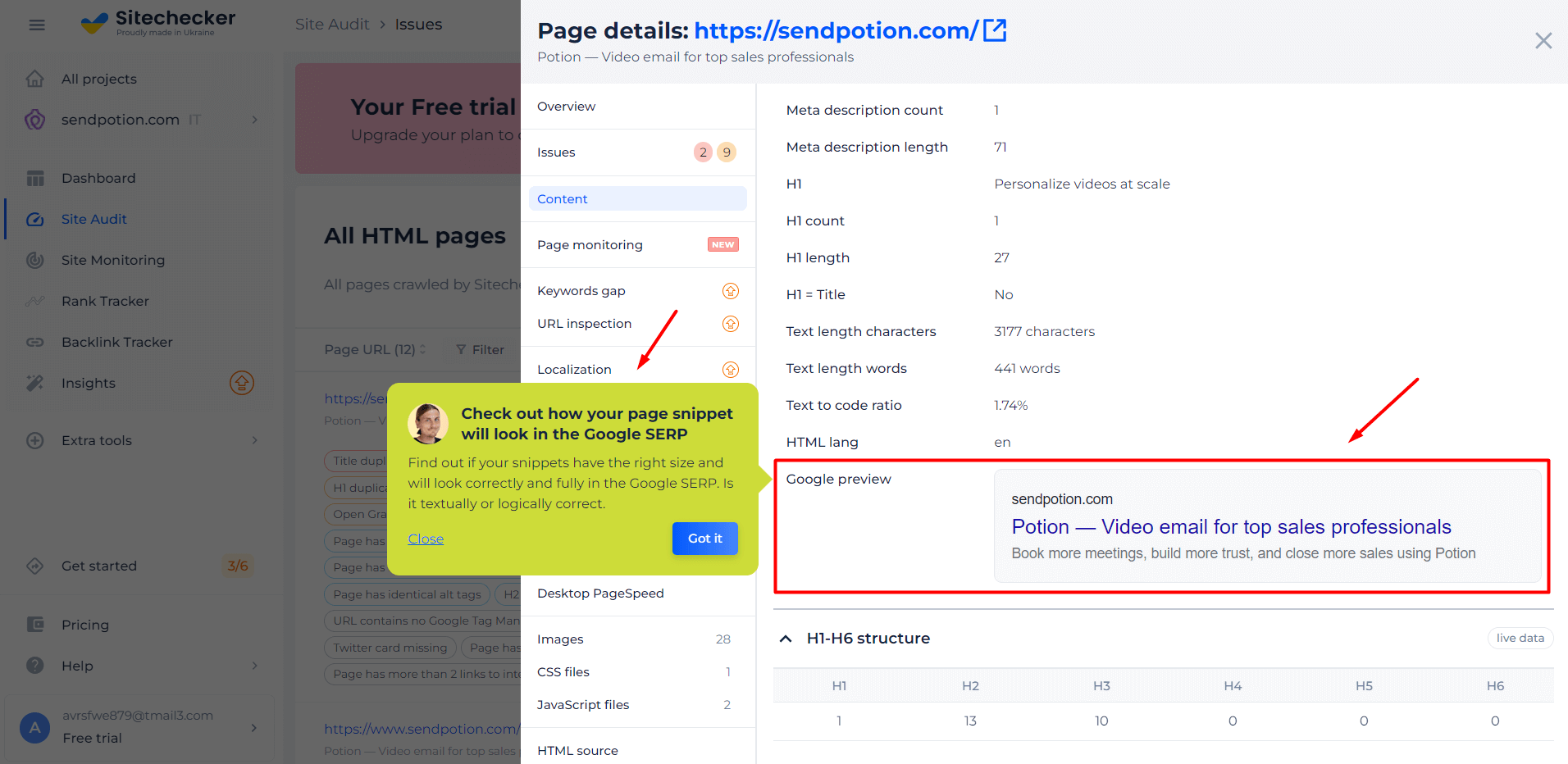
The tool offers more than snippet previews; it gives feedback on title and description lengths and relevance, aligning them with Google’s best practices to attract the target audience. This enhances web page visibility in search results, boosting SEO performance and organic search presence.
Maximize Clicks with the Best Snippet!
Utilize our Google Snippet Checker to enhance your titles and meta descriptions.
Conclusion
In the ever-evolving landscape of SEO, understanding the tools and strategies that best align with current search engine algorithms is crucial for success. This guide has provided a comprehensive overview of meta keywords, their historical significance, and the reasons behind their decline in relevance.
Emphasizing that the era of meta keywords has passed, we highlighted contemporary and effective strategies that focus on creating quality content, utilizing relevant keywords appropriately, and building a network of trustworthy backlinks. These practices are not only aligned with current SEO best practices but also contribute to the overall user experience and credibility of your website.
As you navigate the complexities of SEO, remember that the goal is to provide value to your users. By doing so, you not only adhere to search engine guidelines but also build a sustainable online presence that can withstand the test of time and the ever-changing nature of search engine algorithms.





